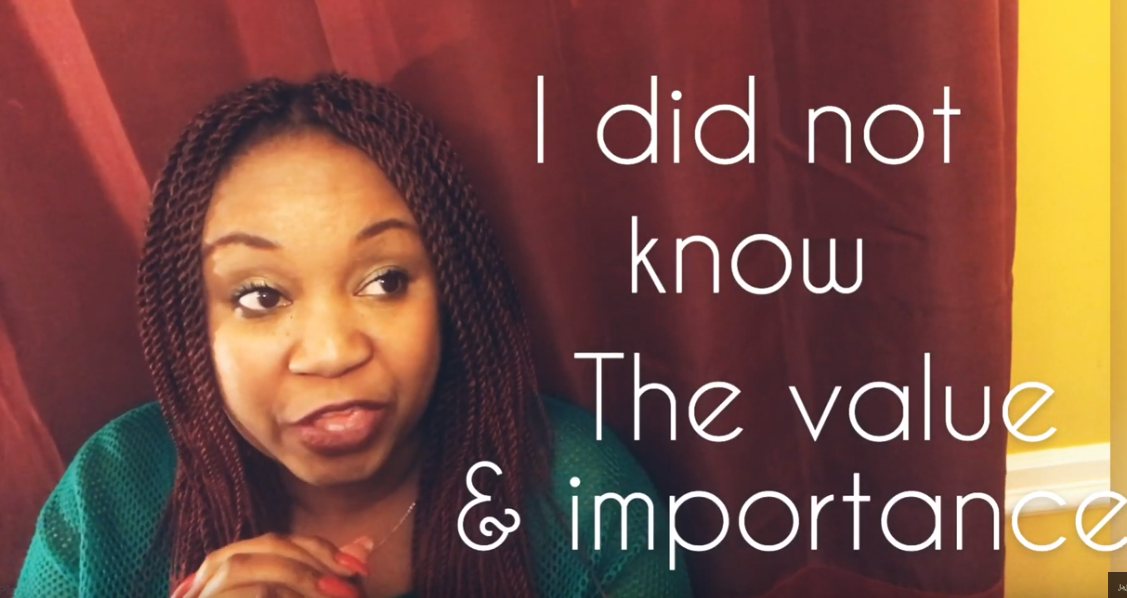Take a gander at the following facts:
Fact: YouTube, the fastest growing website on the Internet, started with a $3.5 million dollar venture capital investment. Google acquired it in October 2006 for $1.5 billion in stock.
Fact: Although Facebook was only bringing in $500,000 in revenue at the time it was early stage seeking investors, its founders were able to convince venture capitalists to invest $100 million dollars.
Fact: The company known as My Blog Log started in January 2005 with $200,000 start up capital. It was sold to Yahoo for $10 to 12 Million two years later.
Fact: Craig Newmark started Craigslist as an email listserv to share information about events with the arts community in San Francisco. It was a hobby that was turned into a profit-generating website that raked in $20 million annually and had investors willing to pay upwards of nearly $1 billion dollars for the company.
These amazing success stories for small and small online businesses or digital entrepreneurs can be credited to the free and open Internet we all currently enjoy today. Where else can a person with an idea and a skill for creating innovative applications turn a hobby into a multi-million dollar venture? The traditional barriers tied to the brick and mortar world do not apply on the Internet or the estimated 233 million websites on the Internet. There is no need for formal office space or a massive staff.
However, one ominous hurdle to success remains: startup capital. While a person may have a creative idea for the next big killer app, without adequate funding she’s going to be unable to take that vision from concept to launch and reach the estimated 1.8 billion Internet users worldwide.
The unfortunate reality is that for most minority online businesses, access to capital remains a significant barrier. I know this because as an attorney who represents many of them at my boutique law firm, I’ve seen several small minority high tech businesses crash and burn primarily because they ran out of cash reserves to keep their businesses going.
This is not to say the outlook is all grim. In fact, some of my clients and many others have managed to surpass the limitations of technology and capital by entering into strategic relationships with larger companies with more resources, knowledge and information. By forming partnerships with larger well-funded companies, including large ISPs, these digital startups are following in the path of many successful minority media companies like TV One and V-me that partnered with larger successful majority-owned media companies. The relationship between the partners in these cases was symbiotic. Cash-strapped minority ventures have been able to take advantage of investment capital from majority-owned companies that are looking for a path to expand into minority markets.
Recently however, this means of overcoming the limitations to accessing capital has come into jeopardy. The FCC is proposing to adopt a so-called “nondiscrimination” provision as part of its effort to impose new network neutrality regulations. This provision would prohibit ISPs from entering into incubation and incentive agreements that would jump-start minorities and new entrants online.
In an FCC filing I submitted April 26 on behalf of minority digital entrepreneurs in the Commission’s Open Internet proceeding, I presented some of these very real concerns of these struggling businesses.
First, the proposed rules state:
Subject to reasonable network management, a provider of broadband Internet access must treat lawful content, applications and services in a nondiscriminatory manner.
The FCC is not talking about racial nondiscrimination. It is saying that an ISP would be prohibited from helping those historically excluded from the communications industry to compete with much larger and wealthier companies. ISP partnerships with minority digital entrepreneurs could include discounted marketing arrangements, bundling the two companies’ products, equity and credit arrangements, and incubators that share economic and technical resources with minority Internet businesses. Such arrangements can both strengthen minority Internet businesses and benefit the ISP’s customers by providing them with more diverse and innovative content and applications.
And the FCC is also saying that light users and the poor would have to pay the same charges as heavy users – a regressive arrangement that would operate as a massive transfer of wealth and opportunity from the poor to the wealthy. Since minority communities have low home broadband adoption rates, a rule that would further dissuade minorities from adopting broadband cannot be healthy for minority digital entrepreneurs that market to them.
From the very beginning, I’ve had a difficult time pinpointing what was the impetus behind a push for the government to interfere with a working Internet ecosystem. At the end of the day, I became convinced that the FCC’s version of net neutrality was just a ploy by the huge digital high tech companies and their investors to have the government impose restrictions on competitive new entrants by making them pay more for access. I am very wary of the FCC pushing forth with such vigor to impose these regulations without studying their impact thoroughly.
There is no reason why the creator of the next great application cannot be an African American, Hispanic, Native American or Asian American or a woman. At bottom, there is no reason why the FCC should stand in the way of this very plausible reality.
Jay Jay Ghatt is also editor at Techyaya.com, founder of the JayJayGhatt.com and JayJayGhatt.com where she teaches online creators how to navigate digital entrepreneurship and offers Do-It-For-You Blogging Service. She manages her lifestyle sites BellyitchBlog, Jenebaspeaks and JJBraids.com and is the founder of BlackWomenTech.com 200 Black Women in Tech On Twitter. Her biz podcast 10 Minute Podcast is available on iTunes and Player.fm. Follow her on Twitter at @Jenebaspeaks. Buy her templates over at her legal and business templates on Etsy shop!


